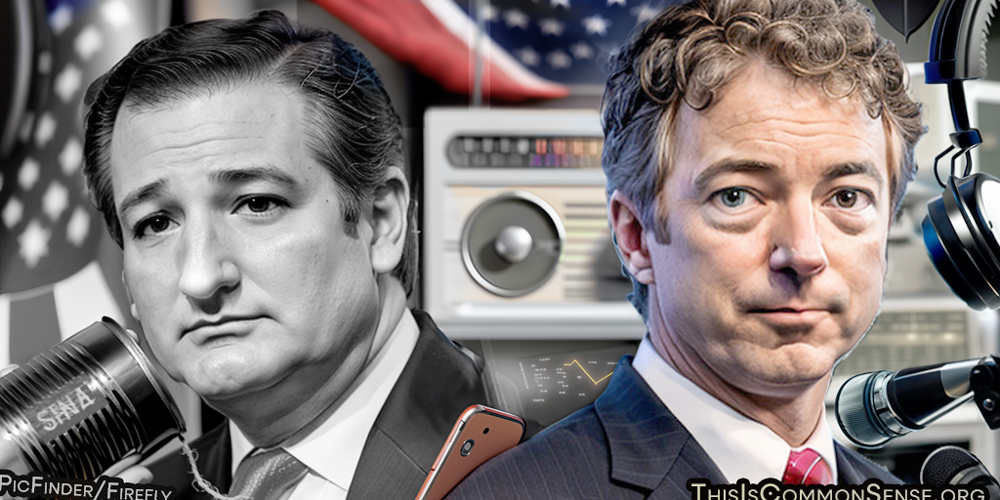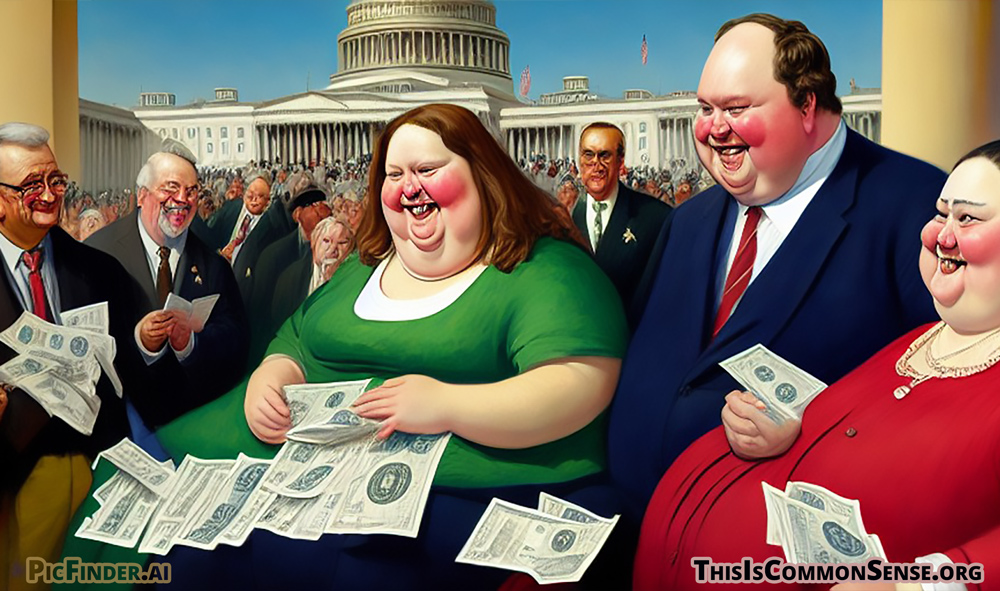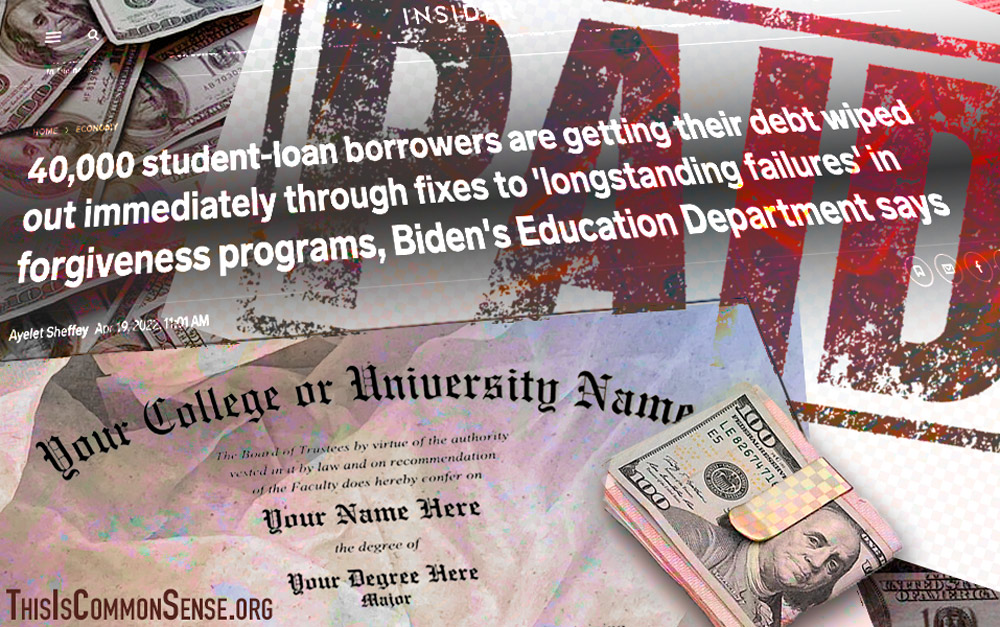“There is a certain amount of irony in seeing Republicans come to the floor proposing mandates on business,” said Senator Rand Paul (R-Ky.) in the U.S. Senate, yesterday. Kentucky’s junior senator objected “to Republicans picking winners and losers.”
At issue is a bill pushed by Senator Ted Cruz (R-Tx.), the AM For Every Vehicle Act. Automobile manufacturers are phasing out amplitude modulation (AM) on radio receivers, and Cruz objects primarily on two rationales:
- emergency roadway communications rely upon AM frequencies, and
- since conservatives dominate AM talk radio, the move looks suspiciously like a sneaky way to decrease conservative and Republican political influence.
“AM radio is where a lot of talk radio is found,” argues Cruz, “and talk radio is overwhelmingly conservative. And let’s be clear: Big business doesn’t like things that are overwhelmingly conservative.”
Technology and media change all the time, and as ostensible advocates for free markets, it’s no business of Republicans so much as to nudge the market in one direction or the other. Perhaps AM’s days are numbered.
Shed a tear and move on.
Cruz characterizes the issue as one of free speech. Paul expresses incredulity: “The debate over free speech, as listed in the First Amendment, is that government shall pass no law. It has nothing to do with forcing your manufacturer to have AM radio.”
It gets messier: electric car manufacturers say that the AM band interferes with their batteries, and the technology to shield the batteries is expensive. So Cruz’s law would forbid companies from charging more for this tech.
If you ask me, the batteries being harmed by AM radio indicates a glaring defect not in a radio platform but in the platform of electric cars.
So it’s great that Rand Paul’s amendment to undermine Cruz’s mandate would also nix the electric car tax credit.
This is Common Sense. I’m Paul Jacob.
Illustration created with PicFinder and Firefly
—
See all recent commentary
(simplified and organized)





